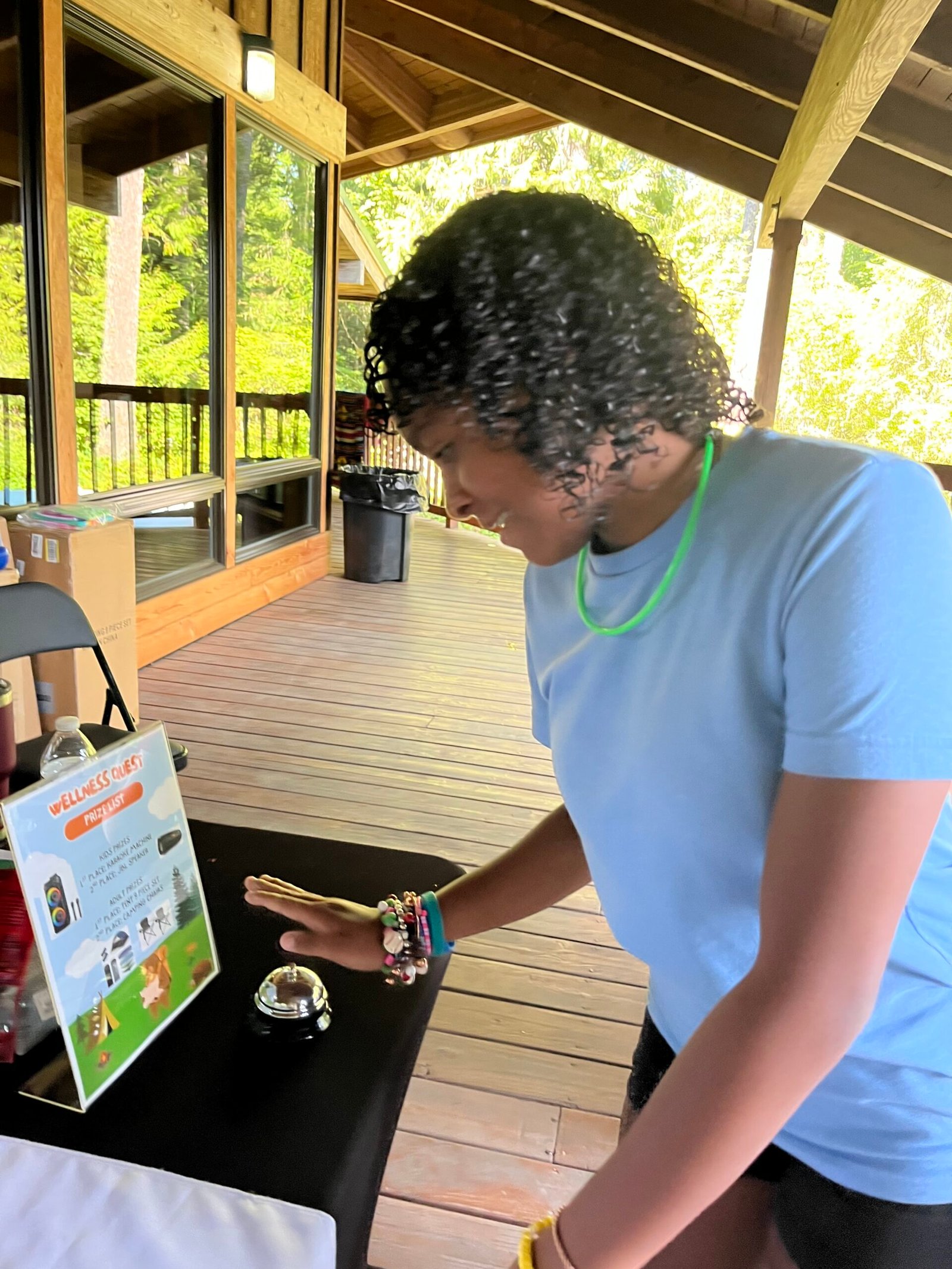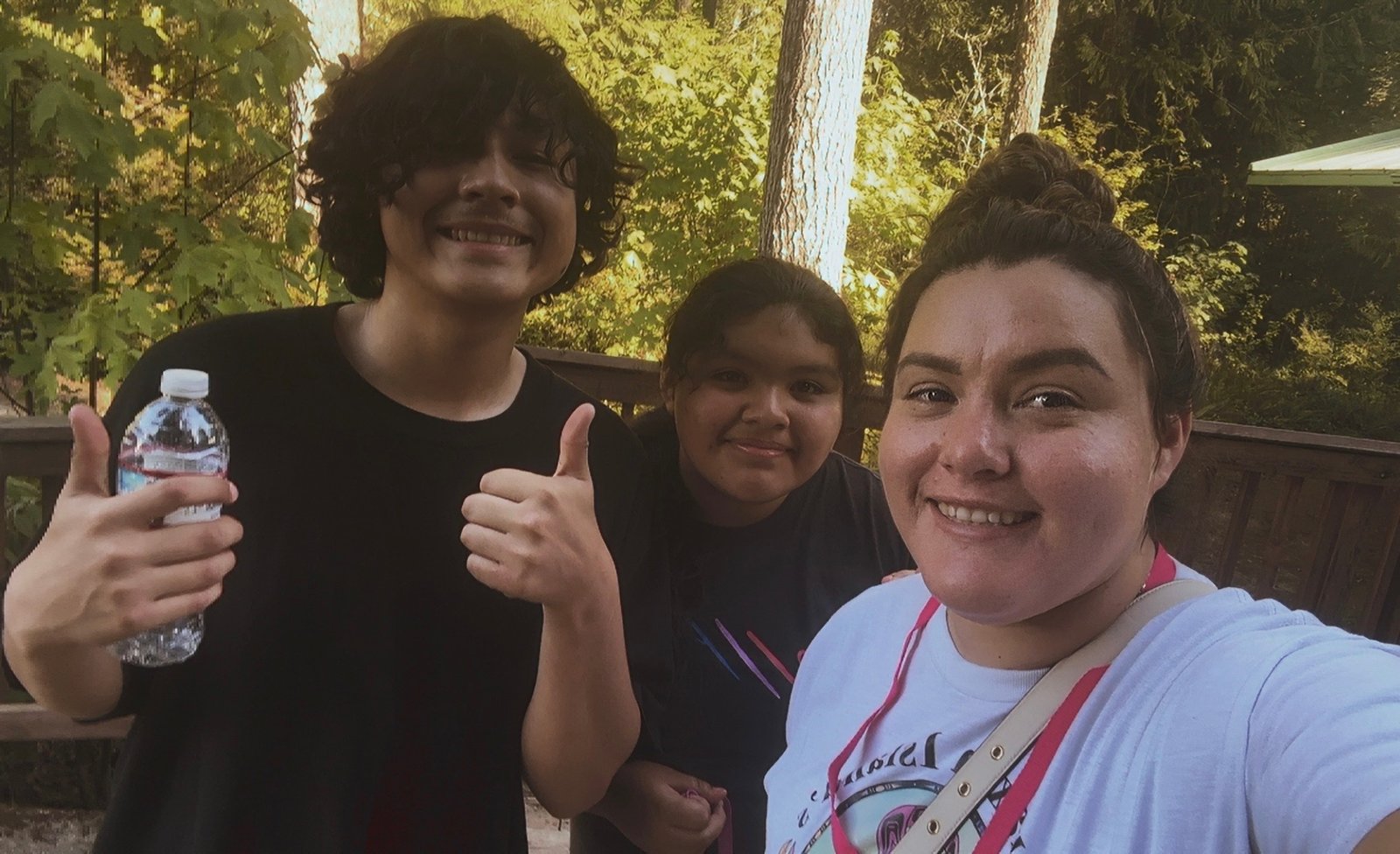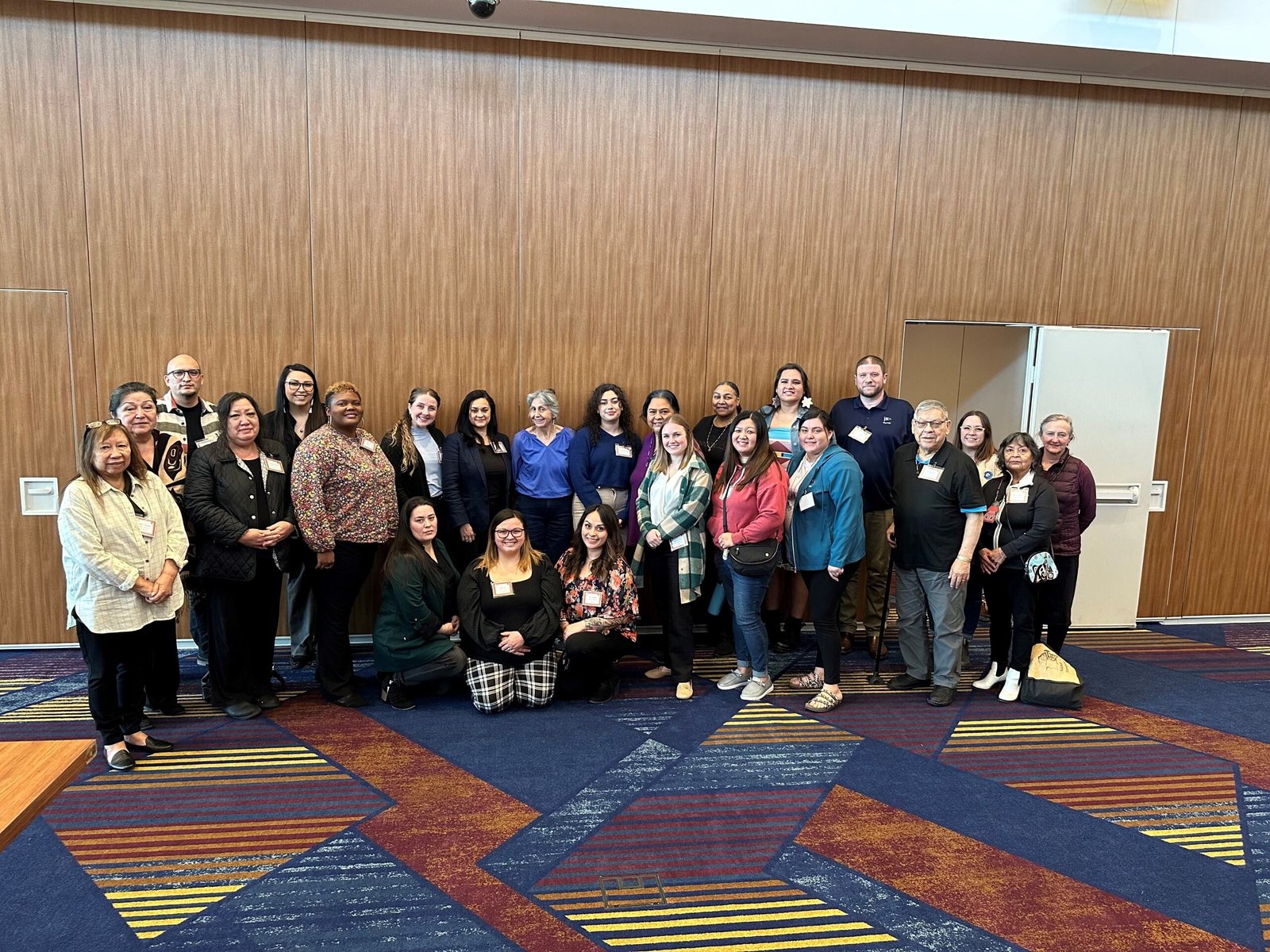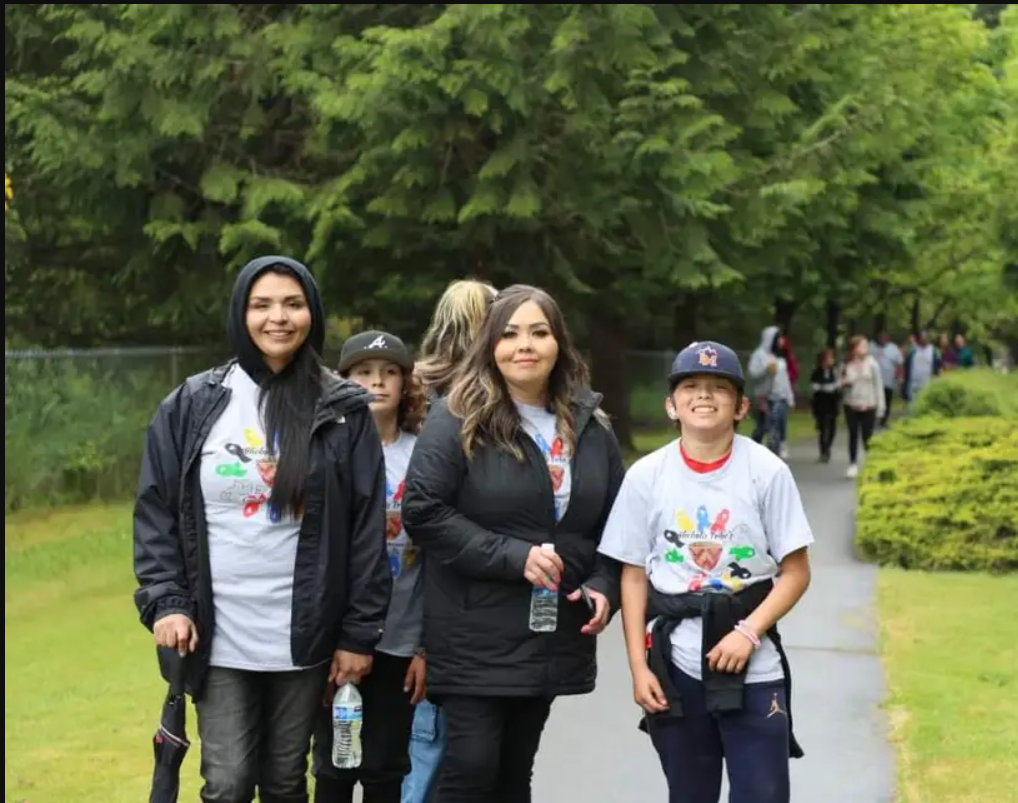COMPREHENSIVE CANCER CONTROL PROGRAM
The SPIPA Comprehensive Cancer Control Program (CCCP)
The SPIPA Comprehensive Cancer Control Program (CCCP) works to build cancer-free Tribal communities. The program focuses on preventing cancer, finding it early, and supporting people who are going through cancer. It serves the Chehalis, Nisqually, Shoalwater Bay, Skokomish, and Squaxin Island Tribes.
Quick Links
Survey Links
![Reserved_ImageAttachment_[5]_[Image][32]_[49bfbed8afde4308b52e208067aa9661][1]_[3] Reserved_ImageAttachment_[5]_[Image][32]_[49bfbed8afde4308b52e208067aa9661][1]_[3]](https://bytovac.com/dev/wp-content/uploads/elementor/thumbs/Reserved_ImageAttachment_5_Image32_49bfbed8afde4308b52e208067aa96611_3-rbuj602potg1t67rjp1ofw1tzglkn649214ky0ww5g.png)
Cancer Survivor Travel Assistance
By completing this survey, you’ll help SPIPA’s Health & Wellness programs better understand and support the services that matter most to survivors like you. As a thank you, you will receive a $25 Wal-Mart gift card.
![Reserved_ImageAttachment_[5]_[Image][32]_[8698d3f8889a4eae84a0bb057ee17242][1]_[8] Reserved_ImageAttachment_[5]_[Image][32]_[8698d3f8889a4eae84a0bb057ee17242][1]_[8]](https://bytovac.com/dev/wp-content/uploads/elementor/thumbs/Reserved_ImageAttachment_5_Image32_8698d3f8889a4eae84a0bb057ee172421_8-rbuj5wbcvq5gvh4ujxqf7yh96kvt3cgcdkycgkws04.jpg)
Cancer Survivor Needs Assessment
Cancer survivors often have unique needs that differ from those of the general community. By completing this survey, you’ll help SPIPA’s Health & Wellness programs better understand and support the services that matter most to survivors like you.
What’s New Flyer
The SPIPA Comprehensive Cancer Control Program (CCCP) works to build cancer-free Tribal communities. The program focuses on preventing cancer, finding it early, and supporting people who are going through cancer. It serves the Chehalis, Nisqually, Shoalwater Bay, Skokomish, and Squaxin Island Tribes.
This work is led by the SPIPA Cancer Advisory Committee and supported by the CDCs National Comprehensive Cancer Control Program grant. The program works to bring people and resources together to create strong, community-based plans specific to each tribal community that reduce cancer risk and support healthier lives.
SPIPA CCCP helps people live longer and healthier by encouraging healthy habits, making cancer screenings more accessible, and supporting survivors. The program also works to fix long-standing challenges caused by unequal access to healthcare and the effects of historical trauma within Tribal communities.
The program is dedicated to helping people feel healthier, live longer, and lower their risk of cancer. SPIPA CCCP’s goal is for every Tribal community member to live a life full of health, support, and hope—free from cancer.
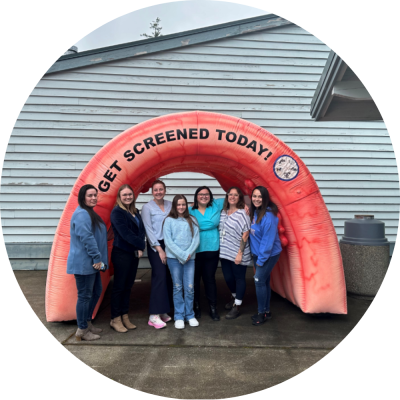
2024-2034 SPIPA Tribal Cancer Plan
The SPIPA Comprehensive Cancer Control Program Cancer Plan, renewed in 2024, is a living document that will guide the work of SPIPA’s cancer programs for the next ten years. Rooted in the strengths and values of our communities, this plan reflects the wisdom, resilience, and cultural traditions that have been generously shared with us by community members, cancer champions, those who have walked on, and dedicated program partners.
The commitment of our community to preserving cultural values and healing traditions has deeply informed the priorities and approaches in this plan. We are privileged and humbled to carry forward the personal stories, insights, and passions that have been entrusted to us, and we honor that gift with gratitude and responsibility.
With this guidance, we move forward together, focused on reducing the burden of cancer and supporting the wellness of our Tribal communities. This plan is both a roadmap and a reflection of our shared vision: healthy, cancer-free Tribal generations, empowered by culture, knowledge, and traditional values.
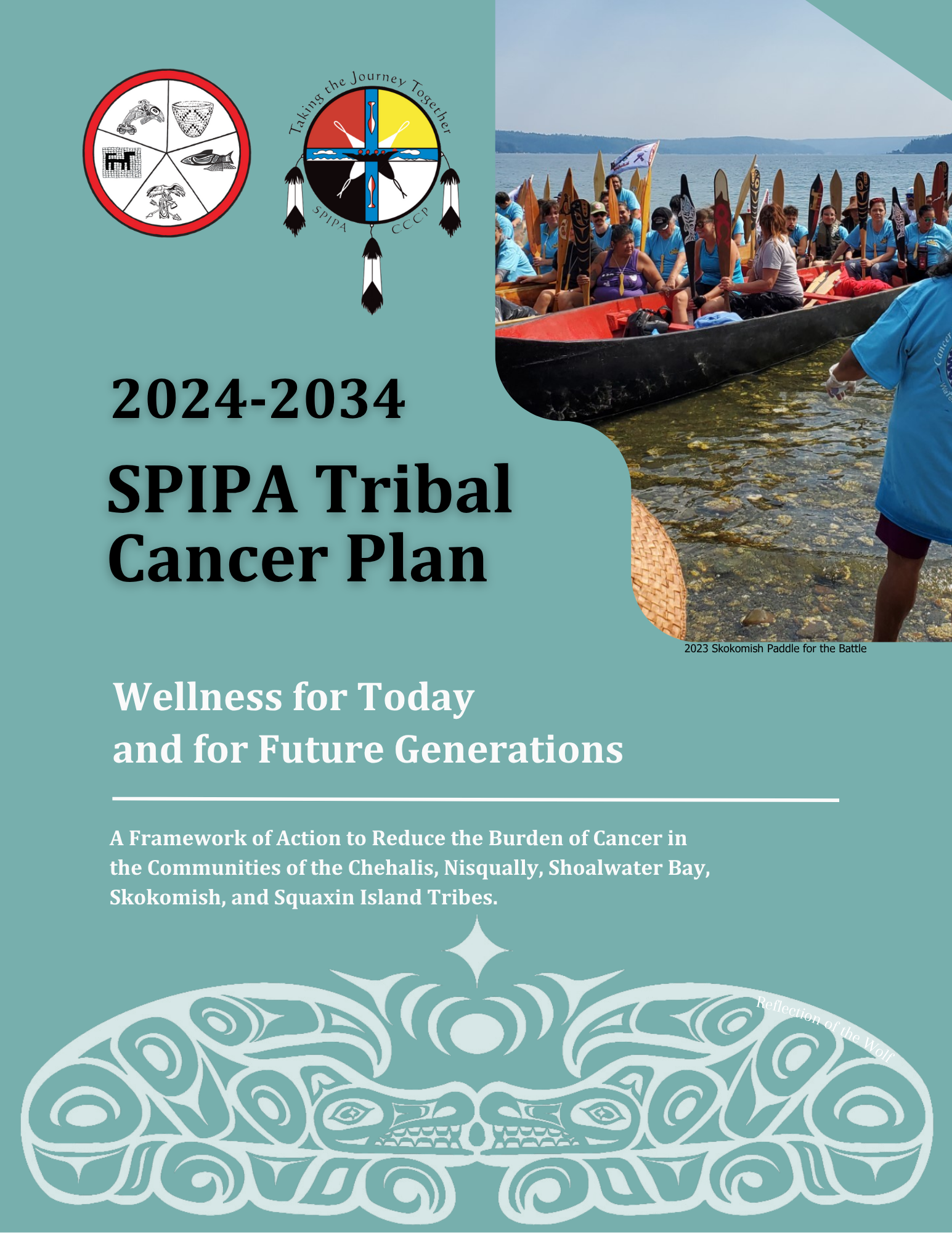
Upcoming Events
Staff Directory

–
Comprehensive Cancer Control Program Coordinator
–
-
![Reserved_ImageAttachment_[12]_[ProfilePhoto][32]_[c5a99cf168524aed8500a2e711996881][1]_[6] Reserved_ImageAttachment_[12]_[ProfilePhoto][32]_[c5a99cf168524aed8500a2e711996881][1]_[6]](https://bytovac.com/dev/wp-content/uploads/elementor/thumbs/Reserved_ImageAttachment_12_ProfilePhoto32_c5a99cf168524aed8500a2e7119968811_6-rbs9sfh36qo8yjjuhtj56ix2to4szppdtx63kf99w8.png)
Cher Castello
Cancer Programs Engagement Coordinator
ccastello@spipa.org
Blog Posts
Colorectal Cancer Media Project
This project addressed longstanding barriers to colorectal cancer screening and prevention in American Indian communities by developing culturally tailored educational videos and materials. This project was guided by tribal elders and health professionals, SPIPA and partners created storytelling-based resources that reflect the identities, values, and lived experiences of tribal members. Community input was central throughout the process, ensuring authenticity and building trust. As a result, the campaign improved awareness, sparked behavior changes, and increased screening rates, with a 6% rise in self-reported screenings.
